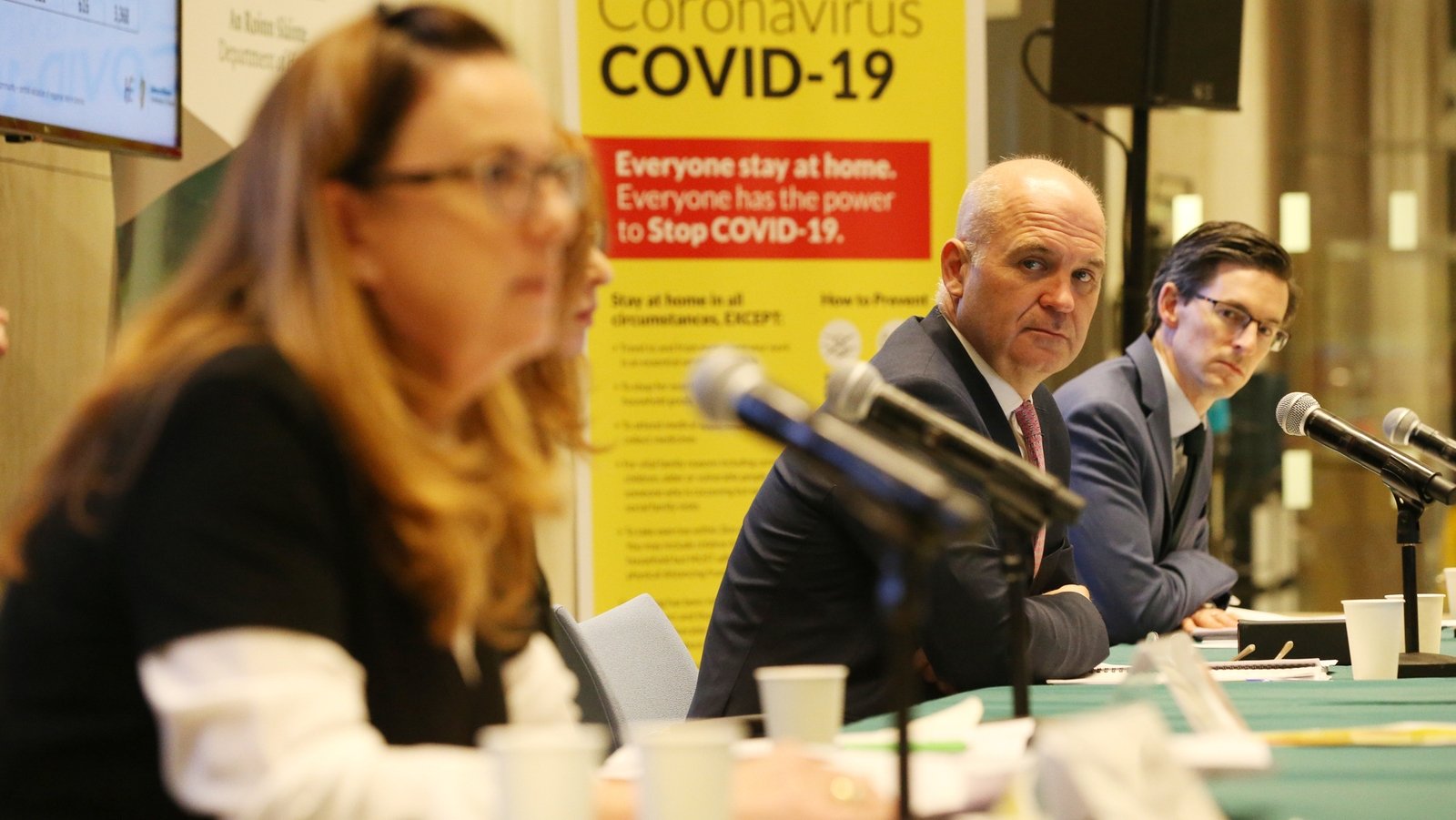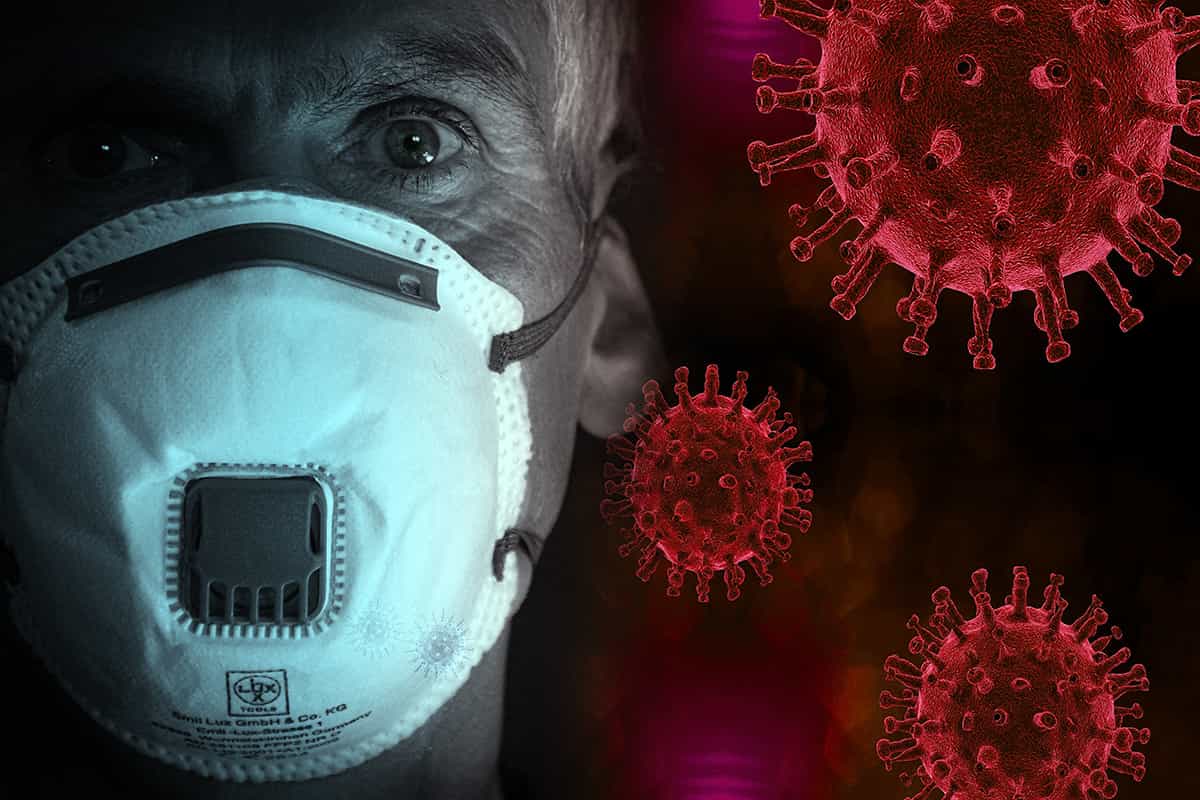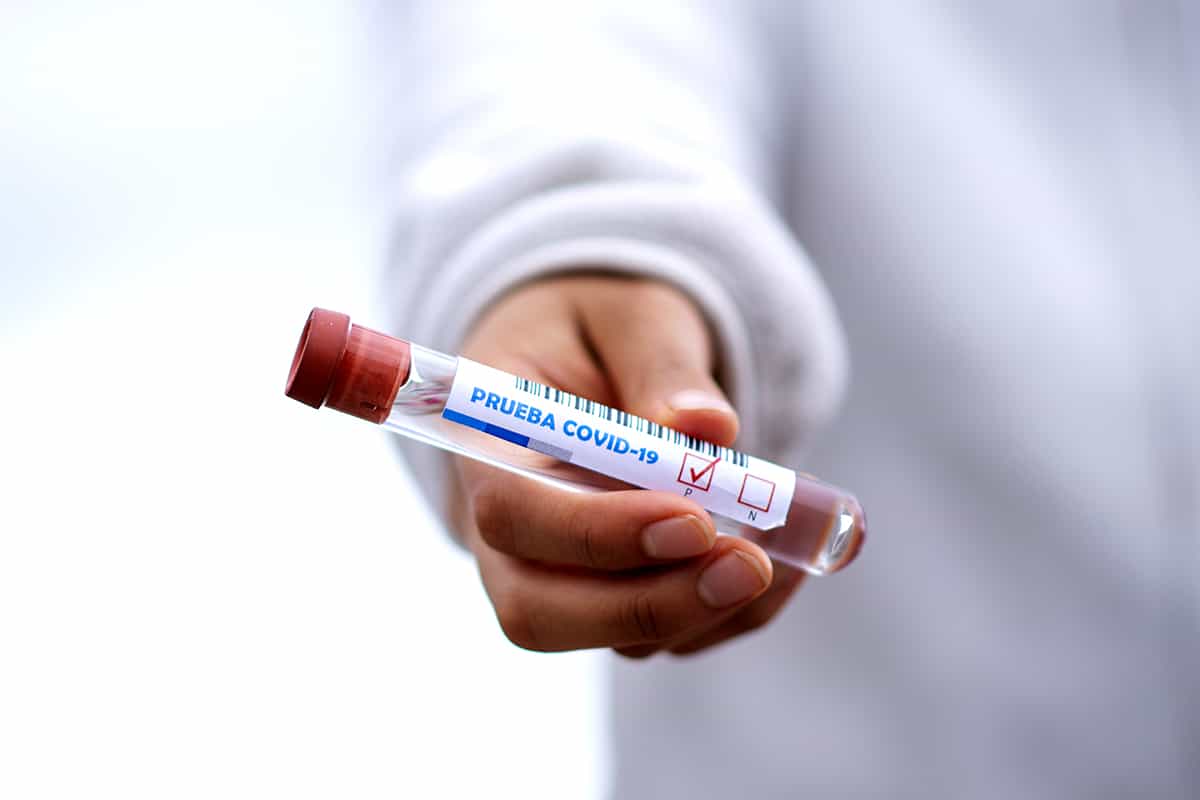The National Public Health Emergency Team will meet today to discuss the possible easing of some Covid-19 restrictions.
The first of five phases of the easing of disease control measures is due to take place on Monday 18 May.
The response to the virus has seen restrictions imposed on every aspect of Irish life, including the education system, the economy and the social life of the country.
It is hoped a phased easing of those measures can begin next Monday, and NPHET will meet later today to consider its advice to the Government.
At a briefing last night, Chief Medical Officer Dr Tony Holohan said a number of factors, including the disease criteria, hospital occupancy and the performance of the public health system will be taken into account when any changes are considered.
He said the situation will continue to be monitored on a daily basis but if the current trajectory continues, he would be hopeful of a positive outcome.
Dr Holohan also said he was not anticipating any changes in the planned return to school for children, saying the number of studies that looked at transmission patterns among children was small.
Yesterday, the Department of Health said a further ten people have died with Covid-19, bringing the total death toll here to 1,497.
The Department of Health also confirmed that 159 more cases of the coronavirus have been diagnosed, bringing the total number of cases here to 23,401.
Around 80% of cases of Covid-19 will be a mild to moderate illness, close to 14% have severe disease and around 6% are critical.
Generally, you need to be 15 minutes or more in the vicinity of an infected person and within 2 metres of them, to be considered at-risk, or a close contact.
Read more:
Latest coronavirus stories
Explained: How long it takes a Covid-19 case to be completed now
Meanwhile, the scheme to provide temporary childcare to healthcare workers in their homes has been cancelled due to low take-up.
It was launched last Thursday with a call to childcare services to volunteer to provide childcare at home for frontline employees.
Minister for Children and Youth Affairs Katherine Zappone said the scheme had been scrapped as only six childcare providers had signed up to be part of the service.
A variety of reasons have been put forward for the low sign-up rate. These include availability of insurance cover, concerns about possible virus transmission, difficulties in meeting employer responsibilities in relation to breaks and rest periods, and concerns about a lack of protection for staff working alone.
Read More











